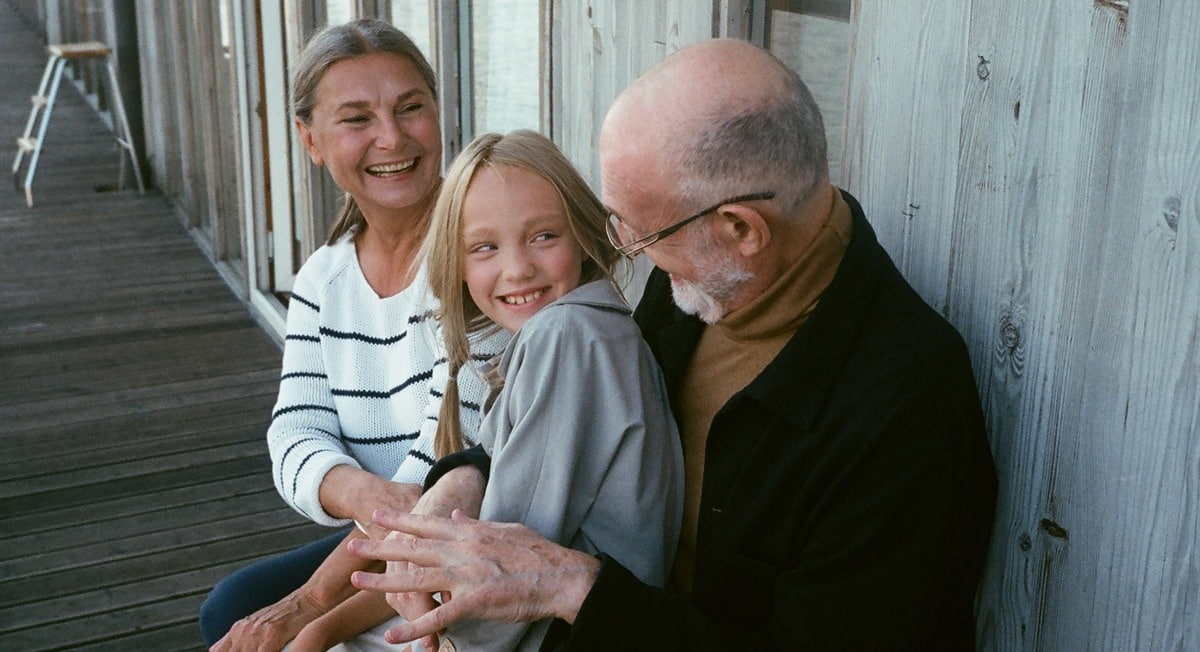Can grandparents apply for custody? An Australian legal guide
Australia has a long-standing preference for children to remain in the care of their parents.
Unfortunately, this isn’t always an option – perhaps the parents have passed away, or are unable to care for their children. Or perhaps it’s simply not the best situation for the children themselves.
As a grandparent, if you find your grandchild in this situation, you might want to step in and take over the care of that child. But can you do that in Australia? Can grandparents apply for custody?
We explore all the legal considerations below.

Can grandparents apply for custody?
The legal framework
Grandparents play a vital role in a child’s upbringing. They act as mentors and role models to their grandchildren, and because of that they’re particularly influential in areas like schooling and in avoiding risky behaviours.
The Family Law Act (Cth) (the Act) in Australia recognises the important role that grandparents play in a grandchild’s life. And because of that, the Act also recognises that grandparents have the right to spend time with their grandchildren, as well as communicate on a regular basis.
In addition, grandparents are specifically recognised in the Act as being able to seek parenting orders in relation to a grandchild. In other words, yes, grandparents can apply for custody of their grandchildren.
Applying for custody
So, when can grandparents apply for custody? Well, there are several circumstances where the Court has awarded guardianship, though others might apply as well. These include:
- When a parent is unable to care for the child.
- When the child is at risk of harm in a parent’s care.
In determining whether to grant custody, the Court looks to the best interests of the child.
Determining the best interests of the child
When assessing whether it’s in the child’s best interests to live with a grandparent, the Court considers several factors. First, they’ll look at the benefits that the child will get from having a meaningful relationship with the grandparents. Second, they’ll consider whether granting custody will safeguard the child from harm (either physical or psychological).
The Court will also take into account:
- What the child wants, balanced by factors that could impact the child’s views, such as their age or understanding.
- Their relationship with their parents and their grandparents.
- The likely impact that custody changes will have on the child, including the impact of separation from their parents or siblings or any other person whom they have been living with.
- The ability of the grandparents to meet the child’s emotional and intellectual needs.
If, after weighing up all the factors, the Court decides that it’s in the child’s best interests to live with their grandparents, then they’ll issue parenting orders to make that happen.
Parenting orders
Parenting orders are legal directives issued by the Court that outline the arrangements for a child’s care. These orders encompass not only where the child lives and how much time they spend with parents but also with grandparents and other significant individuals.
Parenting orders can also cover various other aspects of a child’s life. For example, they might cover decision-making, travel arrangements, special occasions and general care and welfare.
Once a parenting order is issued, it’s binding. All parties must adhere to its terms, and there are serious consequences for breaching it.
Process for getting a parenting order
1. Mediation
The Family Court requires mediation in custody and parenting matters as a first step. In fact, they view the court process as a last resort.
So, before applying to the Court for a parenting order, concerned parties, including grandparents, are required to attend mediation and make a genuine effort to resolve the dispute. Only if the mediation is unsuccessful, can they then proceed with a court application.
2. Initiating applications
If you aren’t able to agree on parenting arrangements, then you, as a grandparent, can start proceedings to apply for custody by filing an Initiating Application. After filing you can select a court date and print the documents to serve on the other parties.
3. Urgent order
There are some circumstances that may warrant an exemption from mediation, such as urgent cases. In that case the Court may also issue an urgent order.
You can seek an urgent order in your Initiating Application if:
- The child is at immediate risk of physical or psychological harm
- There’s a risk they’ll be abducted
- They could be relocated or taken overseas
- You need to recover a child who has already been abducted or relocated
The Court will hold an interim hearing using information you have filed, and will make a decision on that urgent matter only. The urgent order will remain in place only until final parenting orders have been given.
4. Family and expert reports
When the matter goes to the Court they will often request that a family consultant or other expert prepare a family report. This gives them an independent view of the family relationships and the matter at hand.
5. Independent children’s lawyers
In some circumstances, the Court will also appoint an independent children’s lawyer. This person’s job is simply to help the Court decide what arrangements are in the child’s best interests. They are completely independent and don’t represent any one party.
Seek professional advice
Given the complexity of the family law space, you should certainly seek legal advice before attempting to get a parenting order. Every situation is unique, and Australian Family Lawyers, with our unwavering dedication to family law, can provide expert guidance on grandparents custody rights in Australia to help you get the best situation for your grandchild.
Do you have a question about family law or relationship law?
Call now 03 9088 3184
If you would prefer an Australian Family Lawyers team member to contact you, complete the form below.



